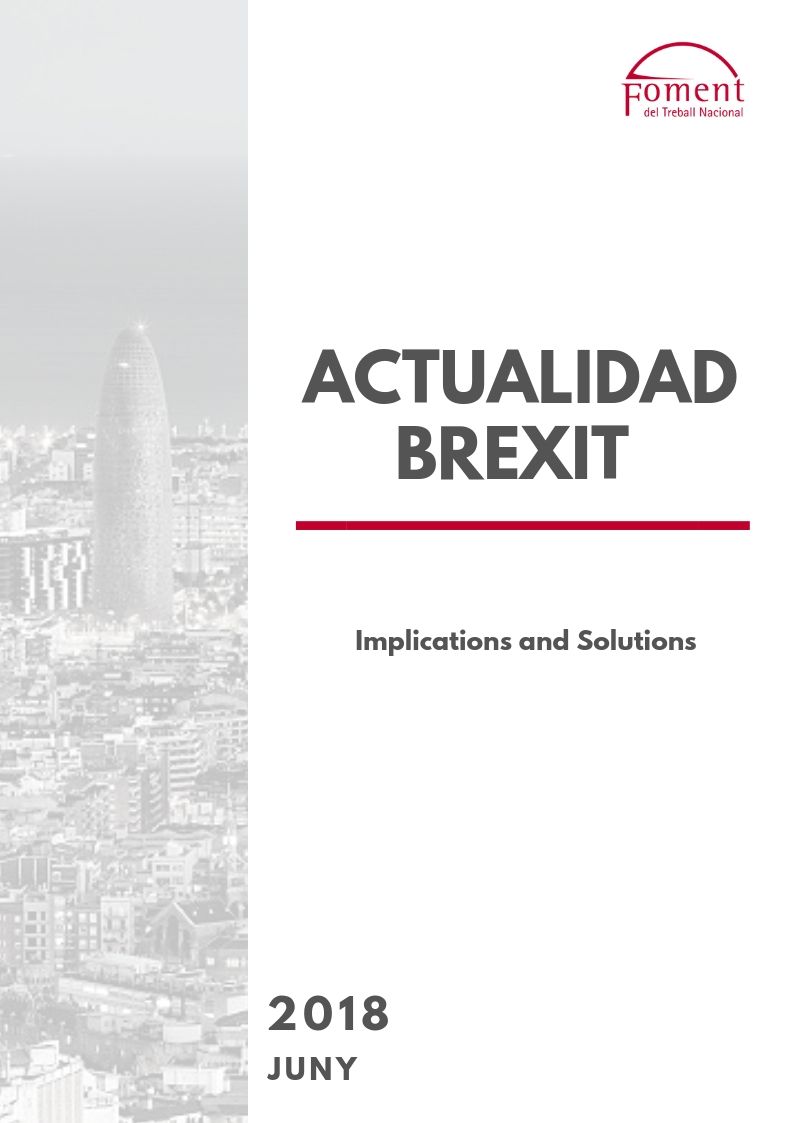Trade between the United Kingdom and the rest of the European Union will no longer be what it was for decades. Companies will face considerably higher trade costs in the future as a result of the pending Brexit. With the United Kingdom’s departure from the European Union and without clarity on the model of the future relationship, the free movement of goods might no longer apply to trade between the Union and the UK. As a result, traditional border formalities might be reintroduced. Depending on the type of future relationship between the EU and the UK, the supply of goods between the Union and the UK might no longer be regarded as intra-community transactions, but qualify as export and import and have to comply with customs formalities. Trade between the UK and third countries which will no longer be based on agreements between the European Union and the respective countries will change too, and will affect paneuropean and global value chains. Companies benefit from the wider integration of European third countries with the EU. Brexit thus affects not only the EU, but could have ripple effects on a more widely integrated continent. Future trade will lead to export and import declarations, as well as transit documents. These additional customs compliance costs will increase the costs of goods sold significantly and will slow down the process of trading between the UK and the EU. Rather than cutting through value chains, decision-makers should be cautious to preserve and strengthen the European continent as one of the world’s important industrial clusters, as other regions across the world continue strengthening theirs.
This paper is meant to inform policy-makers and businesses alike of the possible customs-related impact that Brexit might have, in order to provide the policy response necessary to offset or reduce the problems identified in this paper. In the absence of any clarity on the type of future EU-UK relationship, the working assumption in this paper, unless stated otherwise, is of the UK as a third country outside the EU. Until the type of future model has been determined and ratified, business lacks the clarity necessary to prepare adequately for Brexit, and the possibility of a “cliff-edge” scenario whereby the United Kingdom leaves the European Union and ends the transition phase without an agreement on the future relationship remains a high risk.






